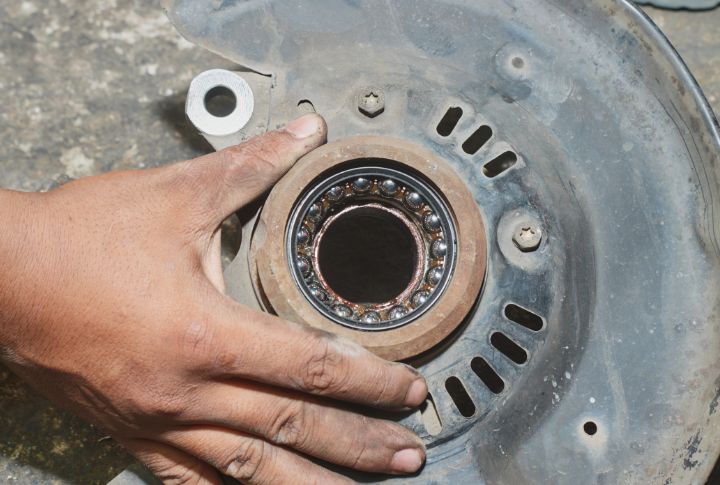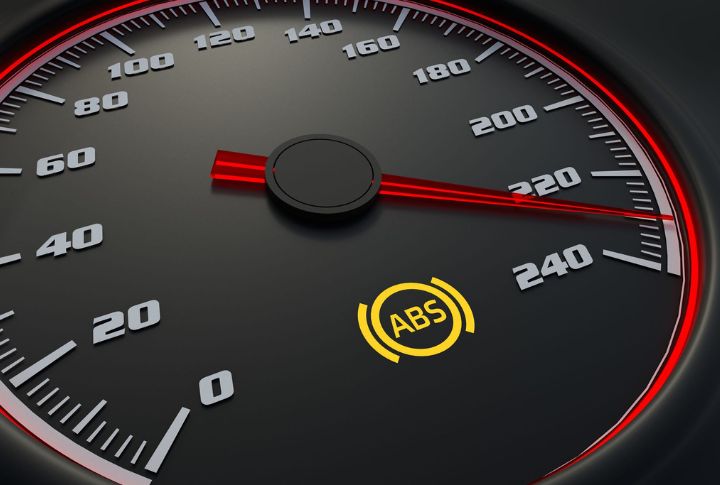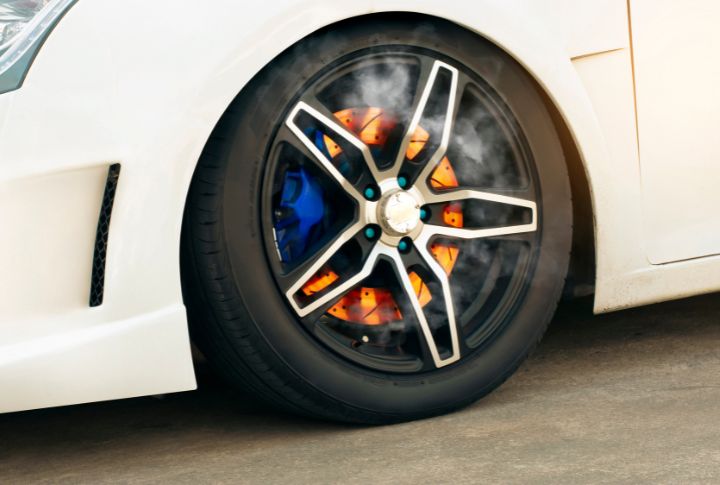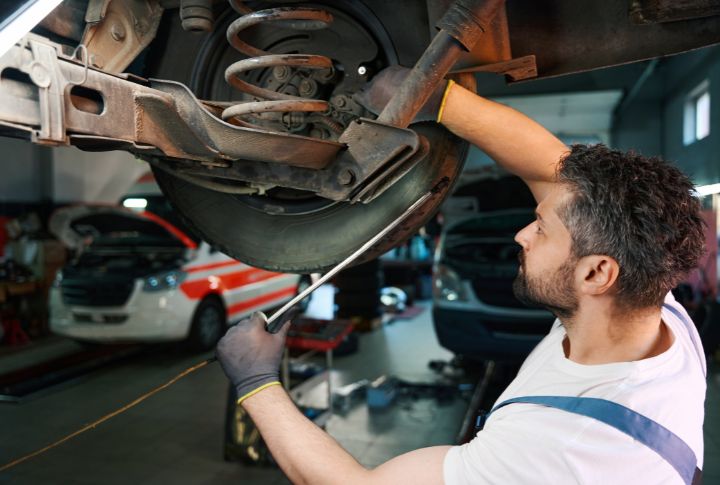
Wheel bearings are crucial components in your vehicle, supporting the car’s weight while allowing the wheels to rotate smoothly. Leaving them unattended can result in serious safety risks and expensive repairs. Here are eight common symptoms that signal your tire bearings might be in trouble.
Strange Noises While Driving

One of the earliest signs of a failing wheel bearing is strange noises, such as grinding, growling, or humming, especially when turning corners or driving at higher speeds. These noises typically signify that the bearings are worn out and need replacement.
Excessive Vibrations

Faulty bearings can transmit vibrations through the wheels and into the car’s chassis. Once you start experiencing strange vibrations from your steering wheel or floorboards, there’s a high chance your bearings are failing, and it’s time for a tune-up.
Uneven Tire Wear

Another symptom of bad bearings is uneven tire wear. When bearings become worn or damaged, they can cause the wheels to wobble or tilt, leading to uneven tire tread wear since their surface coverage is off-axis. It’s advisable to inspect your tires regularly for uneven wear, as it could mean an issue with your wheel bearings.
ABS Light Illumination

Modern cars have anti-lock braking systems (ABS) that use wheel speed sensors to function correctly. Sometimes, when a wheel bearing fails, it disrupts the signals sent to the ABS, triggering the flashing warning light on your dashboard. Ignoring this warning could compromise your vehicle’s braking performance and lead to a chain of problems down the road.
Steering Wheel Misalignment

A failing wheel bearing can cause your car’s steering to feel loose or imprecise. Watch out for your steering wheel position after turning; if it doesn’t return to its center position or feels loose or sloppy, it could be a sign that your bearings need some attention.
Heat Coming from the Wheels

Excessive heat from the wheels — especially after driving for an extended period — can indicate a bearing issue. Overheating occurs when the bearings are worn out or improperly lubricated, leading to increased friction and heat generation.
Reduced Fuel Efficiency

When bearings are faulty, your engine overworks and consumes more fuel than usual because of the increased rolling resistance. Carefully monitor your fuel efficiency records to ensure this problem doesn’t catch you off guard. In case of a sudden drop in performance and efficiency, inspect your bearings just in case they are responsible.
Wheel Movement or Play

Any time you lift your car on a jack, take note of the wheels and how they behave. If you notice any excessive movement or play in the wheels, it could indicate a severe issue with the bearings, as the wheels are supposed to be static. Any noticeable looseness or play should be addressed promptly to prevent further destruction or potential safety hazards.
